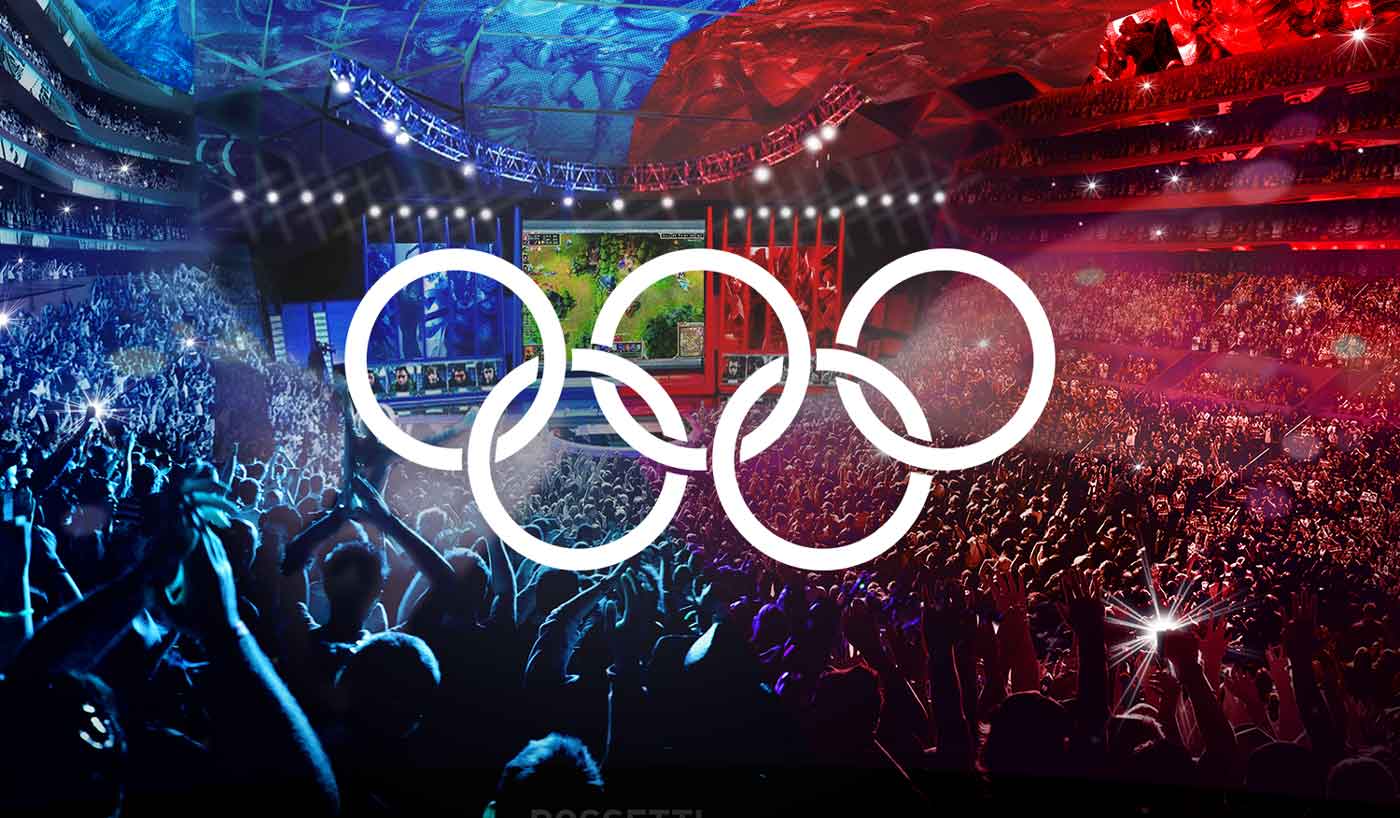Competitive gaming, also known as esports, has experienced meteoric growth over the past decade. With massive viewership, multi-million-dollar tournaments, and a dedicated global fanbase, it’s no surprise that the conversation around esports joining the Olympic Games is gaining traction. Esports enthusiasts and athletes alike have begun to wonder if esports could soon become an official Olympic event, joining the ranks of traditional sports like basketball, swimming, and gymnastics. Let’s explore the potential of esports as the future of Olympic competition, analyzing the factors that make it a viable candidate, as well as the challenges and opportunities that lie ahead.
1. Global Popularity and Accessibility
One of the most compelling reasons for esports to be considered for the Olympics is its global appeal and accessibility. Unlike many traditional sports that require expensive equipment or specialized facilities, esports only require a gaming console or a computer with an internet connection. This accessibility allows people from all walks of life, regardless of geographical location or economic background, to participate in esports competitions. Esports tournaments are broadcasted globally, with millions of viewers tuning in from diverse regions. The widespread reach and inclusivity of esports make it a natural candidate for an event that the Olympics can use to appeal to younger, digitally savvy audiences and to bring together a more global community of athletes and fans.

2. Growing Professional Esports Industry
The esports industry is already a multi-billion-dollar business, with top-tier players, coaches, and organizations attracting sponsorships from some of the world’s biggest brands. Esports tournaments like the League of Legends World Championship and The International (Dota 2) draw massive crowds and attract millions of online viewers. Major broadcasters such as ESPN and traditional sports networks have started airing esports events, indicating that there is an appetite for gaming in mainstream media. If esports were to become an Olympic event, the level of professionalism and organization already present in the industry could seamlessly align with the Olympic model. This would not only uplift the prestige of esports but also contribute to the continued expansion and monetization of the industry.
3. Appealing to a New Generation of Fans
The Olympic Games have long been known for bringing together the world’s top athletes, and in recent years, there’s been a noticeable shift in audience demographics. Younger generations, particularly millennials and Gen Z, have grown up with technology and are far more engaged in digital activities, including gaming. Traditional sports have seen a decline in viewership among younger audiences, who are instead gravitating towards esports events. By incorporating esports into the Olympics, the Games could tap into this new, digitally native fanbase, offering an opportunity to modernize the event and keep it relevant in an increasingly tech-driven world. In doing so, the Olympics would secure its future by embracing the interests and passions of younger generations.

4. Challenges and Considerations for Esports in the Olympics
While the inclusion of esports in the Olympics sounds promising, there are several challenges that must be addressed before it can become a reality. One significant issue is the definition of what constitutes a sport in the Olympic sense. Esports are often seen as a digital activity rather than a physical competition, leading some critics to argue that they lack the athleticism that defines traditional Olympic events. Additionally, the gaming world is fragmented, with a wide range of games being played across different platforms. The Olympics would need to decide which games would be eligible for competition and how to structure the events to ensure fairness and consistency. Moreover, issues like cheating, doping (through performance-enhancing software), and the impact of screen time on physical health could raise concerns among the Olympic Committee.




